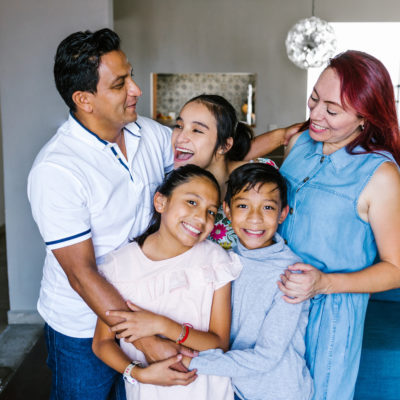Description
Fetal Alcohol Spectrum Disorder (FASD); A Four-Part Learning Series is designed to address the complexities of Fetal Alcohol Spectrum Disorder. Across the lifespan, from preconception to adulthood, there is an opportunity for health and social service providers to offer effective, evidence-based interventions to prevent the prevalence of FASD and improve the outcomes and quality of life for those living with the disability. In this 4-session training the following areas will be explored: 1. Prevention, 2. Diagnosis, 3. Intervention, and 4. Integrating FASD informed approach into practice.
Prevention of Fetal Alcohol Spectrum Disorder can be integrated into the practice of anyone working with women and girls of childbearing years. Learning about screening, brief interventions and referral can provide service providers with the tools to provide users of their service with non-stigmatizing and culturally relevant support (Poole et al, 2016).
FASD is often misdiagnosed. Recognizing and identifying Fetal Alcohol Spectrum Disorder can lead to a better understanding of functional abilities. This can lead to the development of supportive care plans that focus on developing brain-based accommodations and building circles of support (JL Cooke et al, 2016). The importance of embedding an FASD informed approach into individual practice, organizations and communities will be woven throughout all four sessions of this training.
Learning Outcomes
- Describe best practices for the prevention of FASD.
- Identify the importance of recognizing FASD and what to do about it.
- Understand the diagnostic process and the importance of accurate identification.
- Discuss practice-informed and evidence-based interventions.
- Examine how FASD impacts everyone and the importance of constructing FASD informed approaches into individual practice, organizations and communities.
Who Should Attend
This training is recommended for individuals working with families, direct care staff, supervisors, clinicians. Anyone in a leadership position that reviews policy and creates program standards would benefit from learning about an FASD informed approach in program and organizational development.
Course Dates & Format
There are no scheduled dates for this course at this time, however in-service is available.
This is an 8-hour training. This course consists of four 2-hour interactive virtual sessions using Zoom.
Instructor: Karen Huber, CYC, BA
Karen has been walking alongside children, youth, and families in children’s mental health and developmental supports for the past 27 years. For the past 13 years she has been working to build supports and understanding for individuals with Fetal Alcohol Spectrum Disorder (FASD). Besides supporting individuals and families living with the disability, her experience includes; coordinating the Waterloo Region FASD Diagnostic Clinic, creating an Integrated Approach for FASD for her community, advising MCCSS and Health Nexus provincial initiatives, membership on FASD ONE Diagnostic Working Group and sits with many community groups to ensure the FASD voice is heard. She is the FASD Coordinator at Sunbeam Developmental Resource Centre in Waterloo Region. She also provides support to communities, groups, and families through private practice.
Training Fee
Group Registration: Save 20% off individual fees with a group registration of 4 or more participants. Download the group registration form HERE.
Continuing Education Information
Licensing boards and professional organizations will grant Continuing Education credits for attendance at their discretion when participants submit the course outline and certificate.
In-Service
This is available as an in-person or virtual in-service training and customized to suit your needs.



